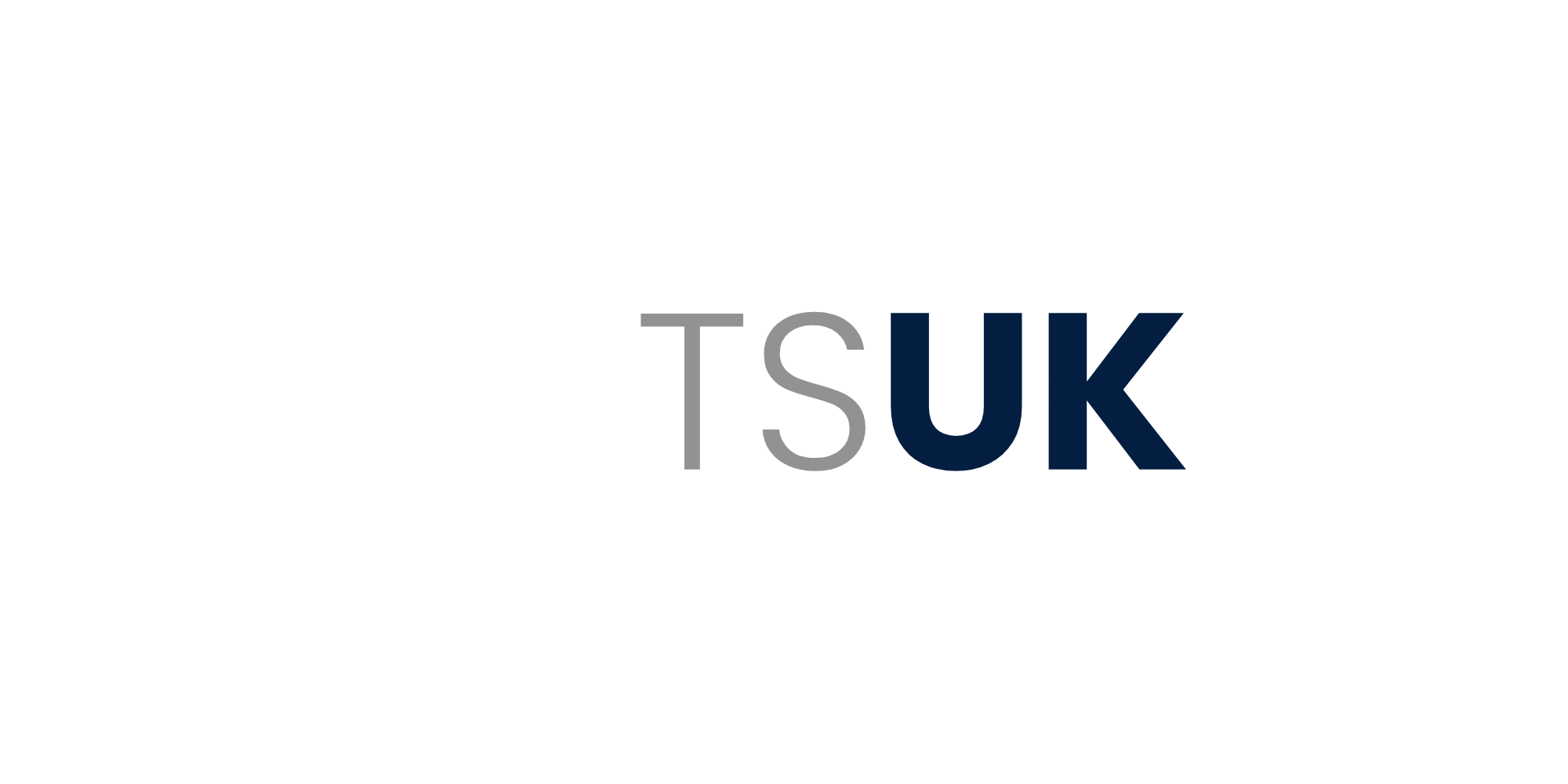How RFID Technology is Transforming Patient Care: A Hospital Guide
Patient care is being revolutionised by RFID technology, with UK hospitals reporting 42% faster treatment times and 67% better equipment utilisation. Here's how the technology works in practice and what it means for patient outcomes.
Real-Time Patient Tracking Made Simple
St Mary's Hospital in London implemented RFID patient wristbands, transforming their A&E department:
"We reduced patient waiting times by 45% by knowing exactly where each patient was in their care journey," explains Dr. James Thompson, A&E Clinical Lead. "Staff spend more time caring for patients instead of searching for information."
What Makes It Work
- Comfortable, waterproof wristbands
- Real-time location updates
- Integration with patient records
- Automatic updates to family waiting areas
- Privacy-protected information sharing
Smart Equipment Management
Guy's Hospital's equipment tracking system demonstrates the power of RFID:
"We've eliminated equipment shortages and reduced procurement costs by £2.1M annually," notes Sarah Williams, Equipment Manager. "Critical equipment is always available when needed."
Key Benefits
- Instant equipment location
- Automated maintenance schedules
- Usage pattern analysis
- Theft prevention
- Streamlined cleaning protocols
Medication Safety
The Royal Free's medication tracking system showcases RFID's safety potential:
"Medication errors reduced by 97% in the first six months," reports their Chief Pharmacist. "Every dose is verified automatically before administration."
Safety Features
- Automatic patient verification
- Allergy alerts
- Dosage confirmation
- Expiry date tracking
- Administration recording
Temperature-Sensitive Asset Protection
Great Ormond Street Hospital's cold chain monitoring system protects vital medicines:
"We've saved £450,000 in prevented vaccine spoilage," states their Pharmacy Director. "The system alerts us before temperatures become critical."
Monitoring Capabilities
- Real-time temperature tracking
- Automatic alerts
- Compliance recording
- Power failure warnings
- Mobile notifications
Cost-Effective Implementation
Typical Investment Breakdown
- Basic system: £150,000-£250,000
- Mid-range system: £250,000-£500,000
- Enterprise system: £500,000-£1.5M
Expected Returns
- Equipment savings: 25-35%
- Staff efficiency: 30-40%
- Error reduction: 90-97%
- ROI timeline: 12-18 months
Getting Started
- Assessment
- Current pain points
- Priority areas
- Budget constraints
- Staff requirements
- Implementation
- Phased rollout
- Staff training
- System integration
- Performance monitoring
References
- NHS Digital. (2024). "Healthcare Technology Report"
- British Medical Journal. (2023). "RFID in Healthcare"
- Healthcare Technology Management Association. (2024)
- Royal College of Nursing. (2023). "Patient Care Innovation"


Comments